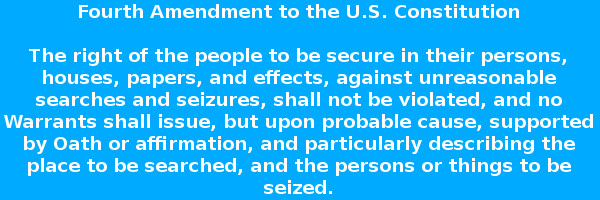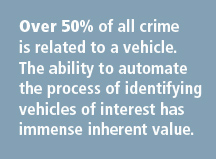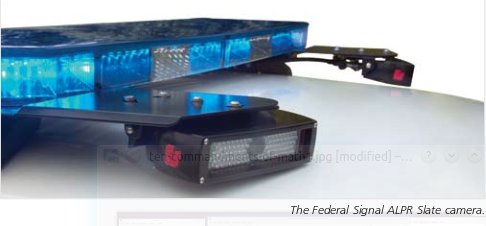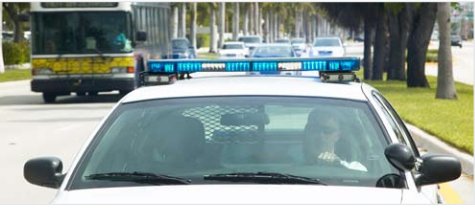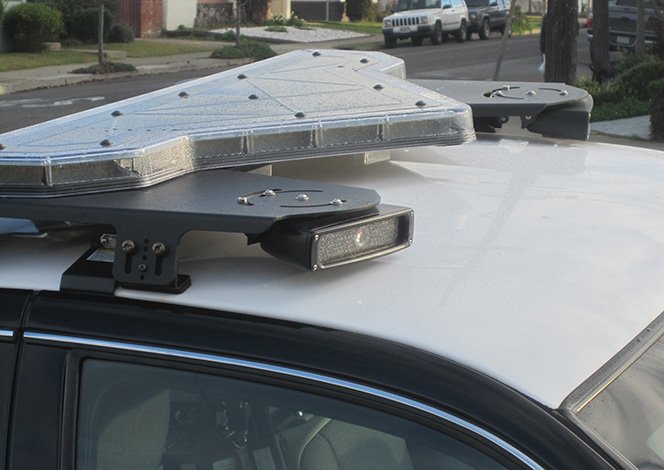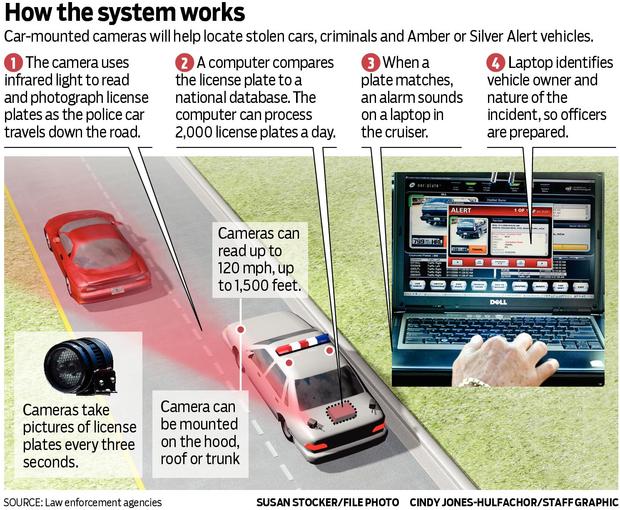
|
The Framingham police have acquired one or more of these
automatic license plate recognition (ALPR) cameras.
Federal Signal PIPS ALPR (automatic license plate recognition) They are able to read license plates at various angles, meaning that the camera can read plates of cars parked side by side along a street. According to the specs, the camera can identify the plates of a car driving by up to 160 miles per hour. The image size is 752 x 480 pixels and 60 pictures can be taken per seconds. The OCR software converts the images to numbers and feeds the information to a database of license plates of interest. In addition to the real-time processing of license plate numbers, ALPR systems collect (and can indefinitely store) data from each license plate capture. Images, dates, times and GPS coordinates can be stockpiled and can help place a suspect at a scene, aid in witness identification, pattern recognition or the tracking of individuals (just like the NSA). This means that you are being investigated for possible crimes that you did not commit (at least not yet). This runs counter to our Fourth Amendment. The cameras are not triggered by any suspicion of criminal wrongdoing; instead, they automatically and indiscriminately photograph all license plates (and cars) that come into view. This happens without an officer targeting a specific vehicle and without any level of criminal suspicion.

Can the accumulated data over a geographic area over time show where you are and when? Is ALPR data collected by Framingham police shared with anyone?


WORST APPROACH (From Flock's standard "Government Agency Customer Agreement"): "Footage is stored for no longer than 30 days in compliance with Flock's records retention policy." BETTER APPROACH Add by law or as an addendum to Flock contract: "Notwithstanding any provision to the contrary, ALPR photos or data captured by the customer's Flock camera, or otherwise provided to or shared with Flock by the customer, or any data generated therefrom, shall be deleted and destroyed by Flock no more than 72 hours after such photos or data are first captured by, provided to, or shared with Flock, unless the customer or their authorized representative specifically requests, in writing, that a specific plate scan and/or the data generated therewith or therefrom be retained for a longer period, or unless otherwise required by applicable law." BEST APPROACH (Adopted from New Hampshire state law): Add by law or as an addendum to Flock contract: "Notwithstanding any provision to the contrary, ALPR photos or data captured by the customer's Flock camera, or otherwise provided to or shared with Flock by the customer, or any data generated therefrom, shall be deleted and destroyed by Flock no more than three minutes after such photos or data are first captured by, provided to, or shared with Flock, unless otherwise required by applicable law."
One might think that this technology would reduce the manpower requirements within the Framingham police department, but here in Massachusetts, where unionized public sector employees rule, it actually requires more people. Technology doesn't help reduce hiring. There are other cameras available that sweep multiple lanes. The implication of these cameras is that the local/state police can pretty much monitor all cars coming in or out of a town, or for that matter, the state. Because of the huge amounts of monies being thrown at police department in the fear of terrorism, we could be constantly be tracked as we move around the state, even if we have our cellphones wrapped in aluminum foil. Each day, they might accumulate all the licenses they see along with a timestamp, and turn this information over to the state and federal government that allows the creation of a massive chronological tracking database. Read the tales from San Leandro, California The real question to be asked by some town meeting member that won't be asked... is what is happening to all the plates read so far?

Then there are issues of mis-readings that may endanger civilians. You can be driving down the road and find yourself surrounded by police officers with guns drawn because technology failed you. . |
Send comments to:
 hjw2001@gmail.com
hjw2001@gmail.com
|


